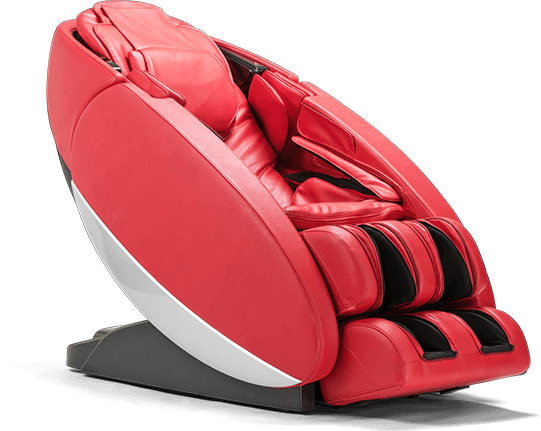
Aug . 18, 2024 07:01 Back to list
Quality Sheet Metal Solutions for RV Roof Production and Manufacturers
Sheet Metal for RV Roof Manufacturers A Comprehensive Overview
The recreational vehicle (RV) industry has witnessed remarkable growth over the years, fueled by a rising interest in outdoor adventures and travel. As this vibrant market expands, the demand for durable, lightweight, and weather-resistant materials becomes paramount. Among these materials, sheet metal stands out as a preferred choice for RV roof manufacturers. This article delves into the benefits, applications, and considerations surrounding the use of sheet metal in RV roof manufacturing.
Benefits of Sheet Metal
1. Durability and Longevity One of the most significant advantages of using sheet metal for RV roofs is its exceptional durability. Metals such as aluminum and galvanized steel are resistant to corrosion, extreme weather conditions, and physical impact. This durability ensures that RV roofs can withstand the rigors of travel, providing reliable protection for years.
2. Lightweight Properties When it comes to RV manufacturing, weight is a critical consideration. Sheet metal, particularly aluminum, offers an excellent strength-to-weight ratio. This lightweight characteristic contributes to overall fuel efficiency and improved handling of the vehicle, making it an ideal choice for RV roofs.
3. Weather Resistance RVs are often exposed to various weather conditions, from intense sun to torrential rain. Sheet metal, especially when coated with protective finishes, provides excellent weather resistance. This feature prevents issues such as rust and leaks, ensuring that the interior of the RV remains dry and safe.
4. Design Flexibility Sheet metal can be easily shaped and formed into different designs, allowing manufacturers to create aesthetically pleasing and functional roofs. The ability to customize sheet metal roofs also means that manufacturers can incorporate essential features such as integrated skylights, vents, and solar panels.
Applications in RV Roof Manufacturing
Sheet metal is primarily used in two formats full sheets and pre-formed components. Full sheets are often utilized for flat or gently sloped roofs, while pre-formed components, especially for more complex shapes, allow for easier installation and reduced labor costs. Furthermore, sheet metal can be combined with insulation materials to enhance energy efficiency within the RV, providing comfort for passengers regardless of external temperatures.
sheet metal for rv roof manufacturers

Several manufacturers are now exploring innovative designs for sheet metal roofs that cater to specific demographic needs. For instance, RVs designed for off-grid living may incorporate thicker gauges of metal for added durability against harsh environments, while luxury models may use polished aluminum for an aesthetically appealing finish.
Considerations for Manufacturers
While the advantages of using sheet metal for RV roofs are clear, manufacturers must also consider certain factors to ensure optimal performance. Key considerations include
1. Material Selection Choosing the right type of metal is crucial. Aluminum is lightweight and resistant to rust, while galvanized steel offers strength and affordability. Manufacturers must balance these properties based on the intended use and market demand.
2. Manufacturing Techniques Effective forming and joining techniques are essential to maintain the integrity of the roof. Welded seams can provide stronger joints, while rivets might be more suitable for specific applications.
3. Coatings and Finishes The application of protective coatings is vital for enhancing the lifespan of sheet metal roofs. These coatings not only prevent corrosion and UV damage but also aid in aesthetic appeal.
4. Sustainability With the growing emphasis on sustainability, many manufacturers are looking into eco-friendly materials and processes, including the recycling of metals and the use of sustainable manufacturing practices.
In conclusion, sheet metal plays a critical role in the RV roof manufacturing industry, offering numerous benefits that cater to the needs of modern RV owners. As manufacturers continue to innovate and improve designs, the use of sheet metal will undoubtedly remain a cornerstone of building durable and efficient recreational vehicles.
-
Affordable Insurance for Used Cars – Compare Used vs New Car Insurance & Save
NewsJun.10,2025
-
Find Quality Ancira Boerne Used Cars Affordable, Reliable Pre-Owned Vehicles for Every Lifestyle
NewsJun.10,2025
-
Affordable Used Cars St Augustine FL Toyota Deals & Savings
NewsJun.10,2025
-
Used BMW 1 Series Cars Luxury Performance & Value Deals
NewsJun.10,2025
-
Wuling Mini EV X2 Price in Malaysia Compact EV Specs
NewsJun.09,2025
-
Should You Buy a Used Rental Car? Save Money & Trusted Quality
NewsJun.09,2025